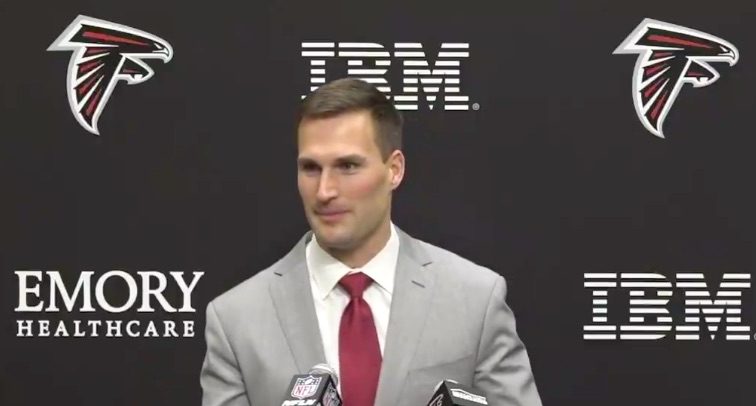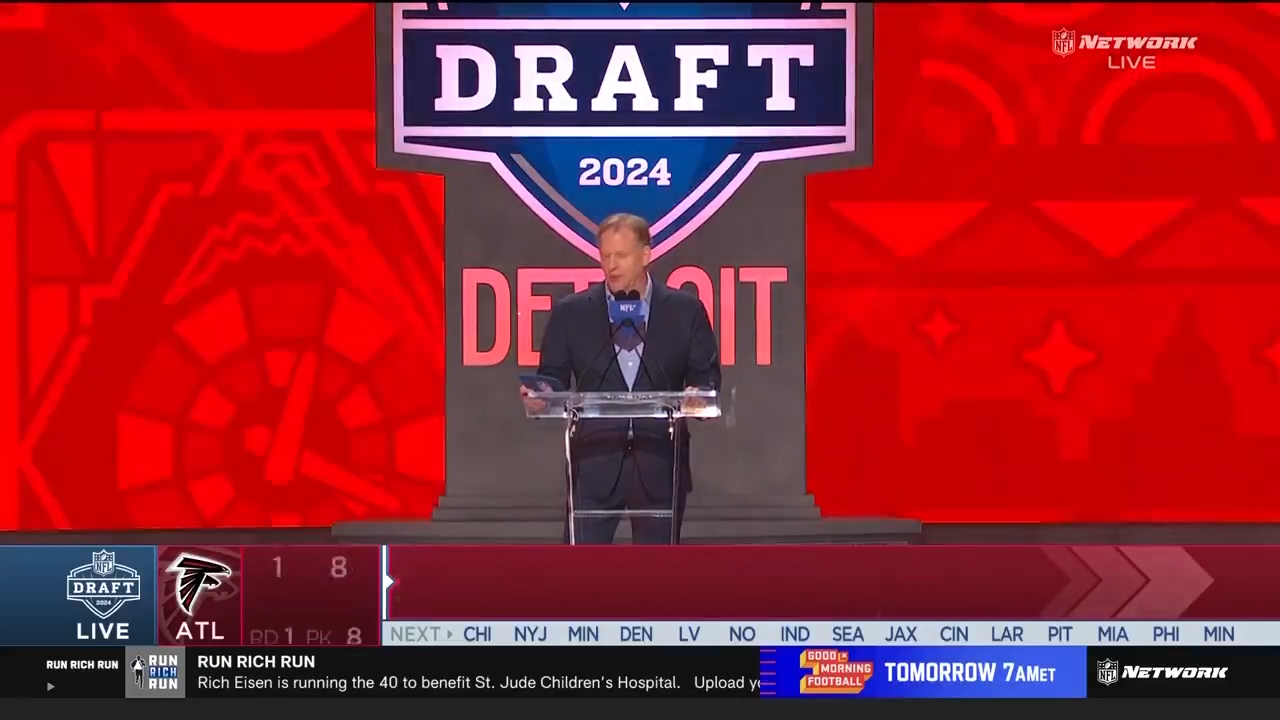One of the intriguing questions regarding HBO’s Westworld is what this series is really about. The show can be about more than one thing, of course. And truly great television often is. After two episodes, it’s quite apparent that the series will explore many themes and storylines, which is surely a significant reason why showrunners Jonathan Nolan and Lisa Joy delayed production to figure out where they wanted the story to go before continuing to film episodes.
After setting up the world of the series, while introducing most of the major characters and storylines in the pilot, episode two (“Chestnut”) explored what could be two of the central themes of this first season. The first episode initially made it seem as if Teddy (James Marsden) would be the stand-in for the viewer, visiting Westworld again to provide an introduction to the futuristic theme park and all that it offers. We quickly learned the truth about Teddy, however, thanks largely to his interactions with The Man in Black (Ed Harris) and the role that each of the hosts serve in fulfilling the fantasies of the park’s visitors.
“Chestnut” introduces a true first-time visitor to Westworld with William (Jimmi Simpson), who’s heard all about this experience from his co-worker Logan (Ben Barnes). William embodies the conflict that many guests might deal with upon their first visit. What should they really get out of this immersive experience into Old West culture, surrounded by automatons programmed to cater to their wishes? How far can you — should you — push the escape into a fantasy world? What does that say about you as a person, and what might one learn about him or herself as a result?
William seems like a genuinely decent person, but maybe someone who needs to cut loose or let go a little bit. Logan, who appears to be a genuine asshole, is certainly encouraging him to do so — especially when Westworld enables such an endeavor. How would any of us react to visiting this theme park for the first time? You can do anything you want to, be anyone you want, presumably. Sure, you can fulfill sexual desires with the prostitute hosts or shoot a bunch of cowboys or indians as a Western hero or villain. But what if one of those directions goes against your nature? Is it good to tap into that side of yourself or does it open a door that can’t truly be closed once it’s ajar?
Another difficulty William seems to encounter during the initial stages of his visit is how deeply to immerse himself in the fantasy. He dips a toe in, but seems hesitant, knowing that the visitors are pretending to visit a town in the Old West and that the environment is populated with many inhabitants who simply aren’t real. As his gorgeous introductory tour guide asks, “If you can’t tell, does it matter?” But for some people, that requires putting the rational mind aside. This beautiful woman is willing to do whatever I want, but what does it really mean if she’s programmed to serve me?
William’s journey should be an interesting one to follow, but what could be compelling is if there’s a visitor who can’t quite commit to the fantasy. Would that make the programmers, writers, analysts and technicians have to work harder, in order to give that person maximum enjoyment? Or is this a high-tech staging of the old saying, “You can lead a horse to water, but can’t make it drink”? Maybe this will be William, maybe it could apply to another character down the line.
The other prominent storyline in “Chestnut” follows Maeve (Thandie Newton), the prostitute host who appears to be suffering from a glitch. The analysts are looking at her numbers, and she’s just not drawing the interest from the visitors that she should be. That’s largely due to having conversations that don’t exactly lead toward any sort of seduction or fulfillment of sexual fantasies. Maeve talks about dreams and, more particularly, nightmares. It’s not the sort of subject that allows visitors to lose themselves in the fantasy, thinking that this beautiful woman wants to let them take her upstairs and have their way with her.
Programmers try to adjust Maeve’s settings, making her more sexually aggressive with guests and more agreeable with fellow hosts at the tavern where she works. But what the programmers and analysts don’t realize is something far deeper is going on in Maeve’s consciousness. Do these robots even have a consciousness? Yes, apparently they do. They are also developing memories, something that scientists like the robots’ inventor, Dr. Robert Ford (Anthony Hopkins), or behavioral specialist Bernard (Jeffrey Wright) either never considered or didn’t think was possible.
Previous storylines and likely many interactions are supposed to be wiped from the hosts’ memories when they move to a different storyline or are assigned for a new purpose at Westworld. But just as files and emails aren’t truly deleted from your hard drive when you think they’ve been erased, past storylines — and past traumas — that Maeve experienced are popping up in her memory and influencing her consciousness. (She apparently also isn’t as clean as she should be, with clients, shall we say, leaving something behind after they’ve been with her.)
Maeve has become angrier, perhaps paranoid. Above all, she’s beginning to realize something is going on. Why would Maeve experience flashbacks to living on a ranch, having her family killed by Indians, and possibly being scalped herself? She’s an escort at a tavern. Her only memories should be dealing with her colleagues and clients. Maybe a few shootouts in the tavern. But Maeve remembers fearing for her life and fighting to protect her daughter, notably from The Man in Black. What he did to her after apparently rescuing her from the Indian attack isn’t yet known. But were we not shown or does Maeve not remember?
Also experiencing heightened awareness on an increasing level is Dolores. Did her “father” Peter Abernathy trigger something when he whispered “These violent delights have violent ends” in her ear at the end of episode one? That line has been staying with her, and apparently has her questioning the so-called existence that she’s living in Westworld. Is she just following a program or does she actually have any sort of free will, independent thought? Something is speaking to her and giving directions. Has an independent artificial intelligence developed among Peter and Dolores? Is the consciousness solely within Dolores? How much will she listen to it, and how far could it push her? She’s already withholding those thoughts and suggestions from the specialists, notably Bernard.
Within the hierarchy of Westworld, it’s also becoming apparent that Dr. Ford is working in a different direction than the other administrators, analysts and writers are following. Sizemore (Simon Quarterman), the foul-mouthed, falsely aggressive writer has a precious new narrative that he’s ready to unfurl within the theme park, but Ford nixes his ambitious storyline.
Why? Because it’s telling the visitors what to do, pushing them to make certain decisions, rather than letting them draw their own conclusions. And allowing the guests to discover something about themselves, to respond to something they may not have otherwise realized, is the true draw to Westworld. The theme park isn’t an amusement ride. It’s potentially a life-changing experience. The question is whether or not more lives are being changed than the people running Westworld realize.
[You can read all of The Comeback’s Westworld coverage here.]










